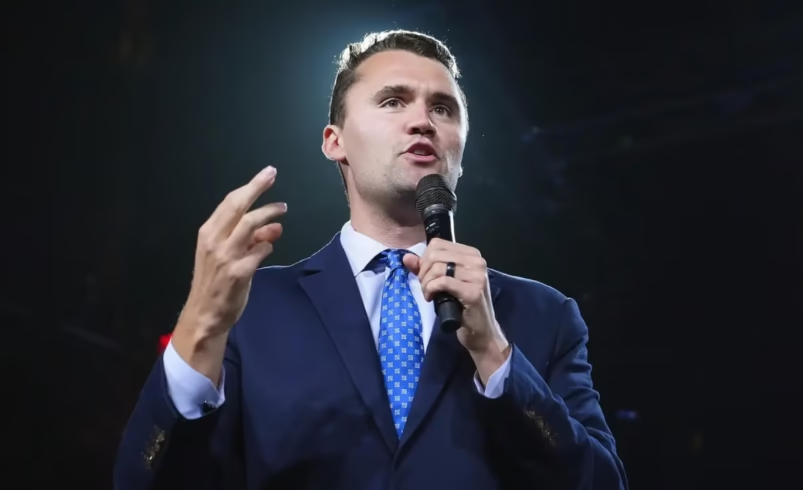Charlie Kirk killed in Utah after controversial H-1B comments
- September 14, 2025
- 0

Conservative commentator Charlie Kirk was shot and killed in Utah, an incident that has drawn national attention not only for the tragedy itself but also for the controversy surrounding his recent statements on immigration and employment. Known for his outspoken views, Kirk had recently criticized the role of Indian professionals in the United States workforce, arguing that they were displacing American workers through the H-1B visa program.
Reports confirm that Charlie Kirk was fatally shot in Utah. Details about the circumstances of the shooting remain limited, but his death has already sparked widespread discussion given his prominence as a conservative voice. The incident has left supporters and critics alike reacting strongly, with many pointing to his recent public remarks as a backdrop to the news.
In the days leading up to his death, Kirk made pointed comments about Indian workers employed in the United States under H-1B visas. He claimed that these professionals were displacing American citizens from jobs, a statement that quickly drew criticism from immigrant communities and advocates of skilled foreign labor. His words echoed a recurring theme in U.S. debates over immigration policy, particularly regarding how international talent intersects with domestic employment opportunities.
The H-1B visa program allows U.S. companies to hire highly skilled foreign workers, especially in technology and specialized industries. While many businesses argue that these visas are essential for filling critical skill gaps, critics contend that they can be misused to undercut wages or replace American employees. Kirk’s remarks placed him squarely within this ongoing debate, aligning with voices who argue for stricter limits on such programs.
Kirk’s statements were not isolated but reflected broader sentiments expressed by other conservative figures such as Laura Ingraham, who have raised alarms about trade deals with India and their impact on American workers. These perspectives highlight a long-standing tension between economic globalization and domestic job security, issues that continue to divide public opinion across political lines.
The controversy surrounding Kirk’s comments underscores how immigration policy and outsourcing remain flashpoints in U.S. political discourse. For many Americans worried about job stability, concerns over foreign labor resonate deeply. On the other hand, proponents of open labor markets emphasize innovation, diversity, and global competitiveness as benefits brought by international professionals working under programs like H-1B visas.
The fatal shooting of Charlie Kirk adds a tragic dimension to an already heated conversation about immigration and employment policy in the United States. While investigations into his death continue, his recent remarks ensure that debates over H-1B visas and foreign labor will remain at the forefront of political discussion. His passing leaves behind both controversy and questions about how America will navigate its future workforce challenges amid global competition and domestic concerns.